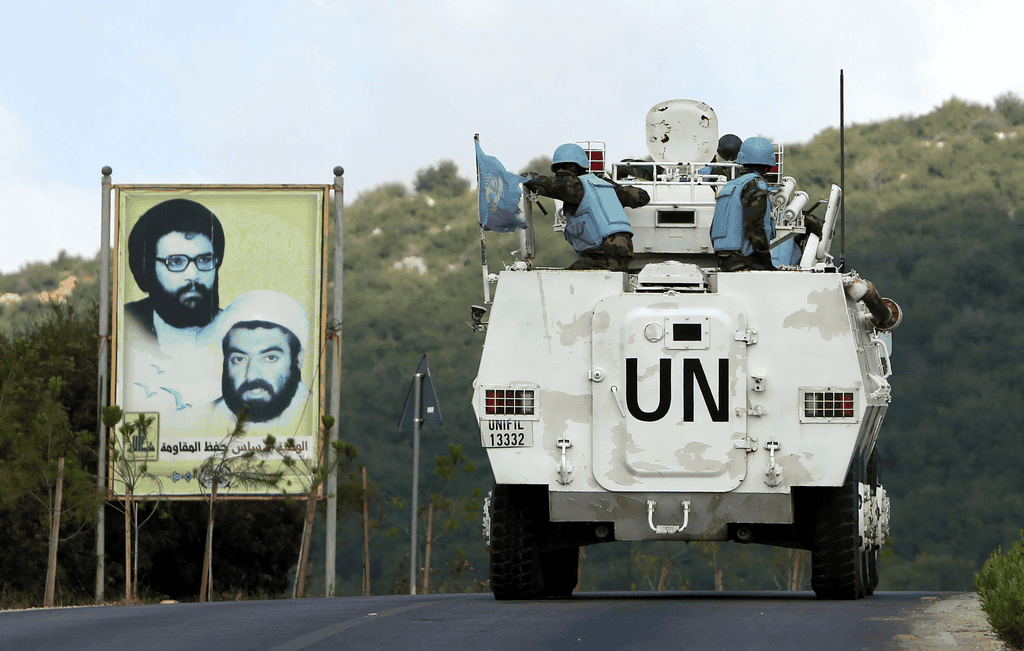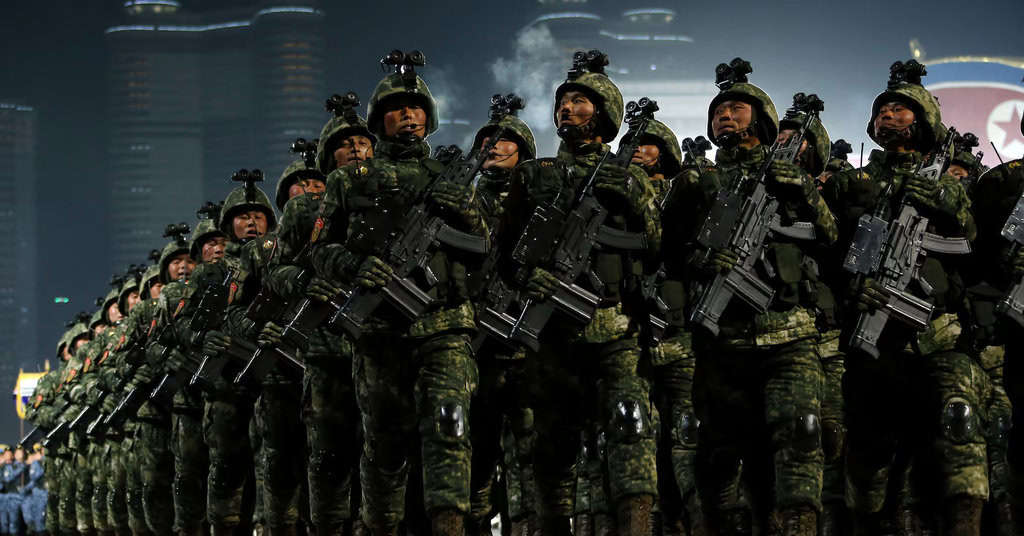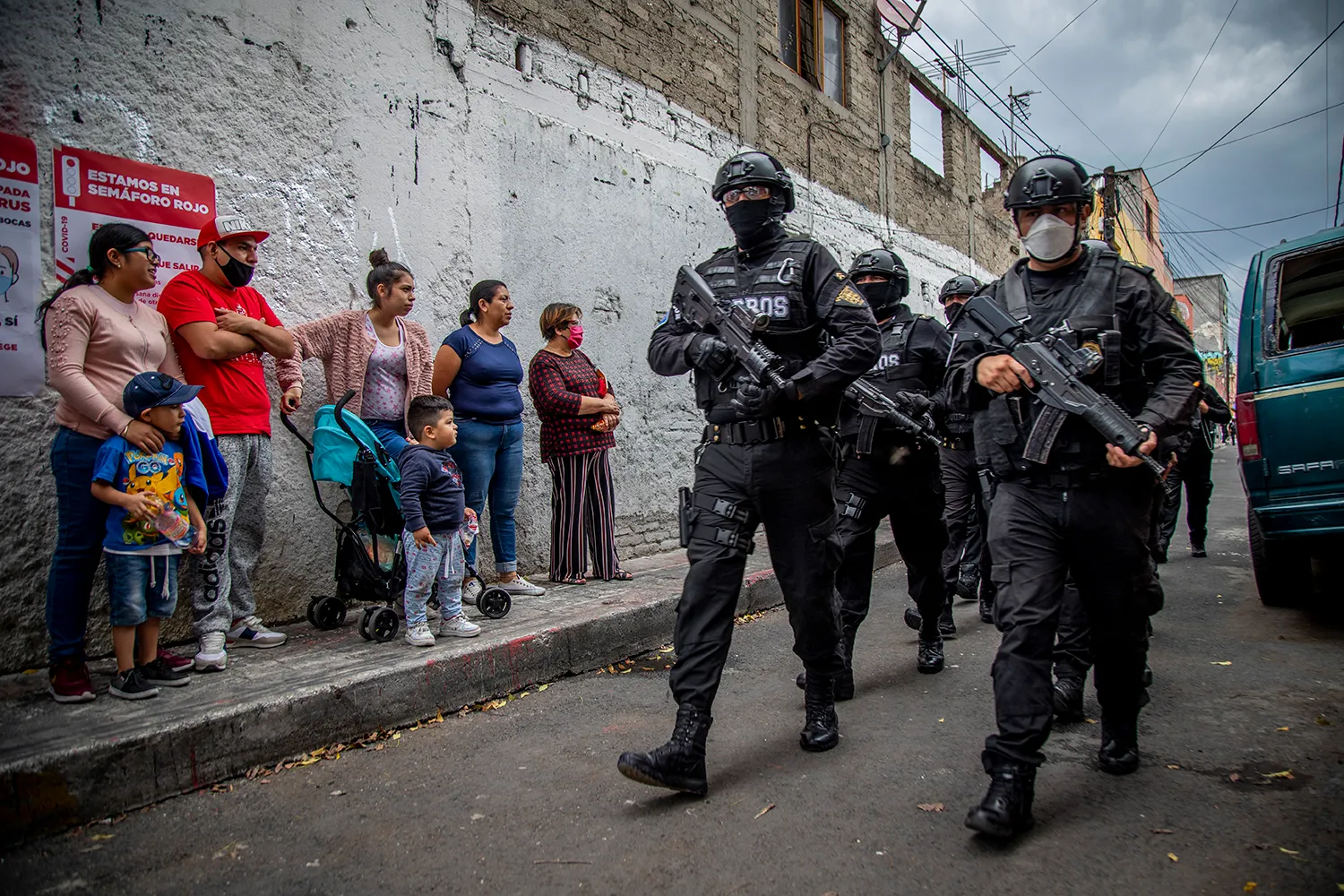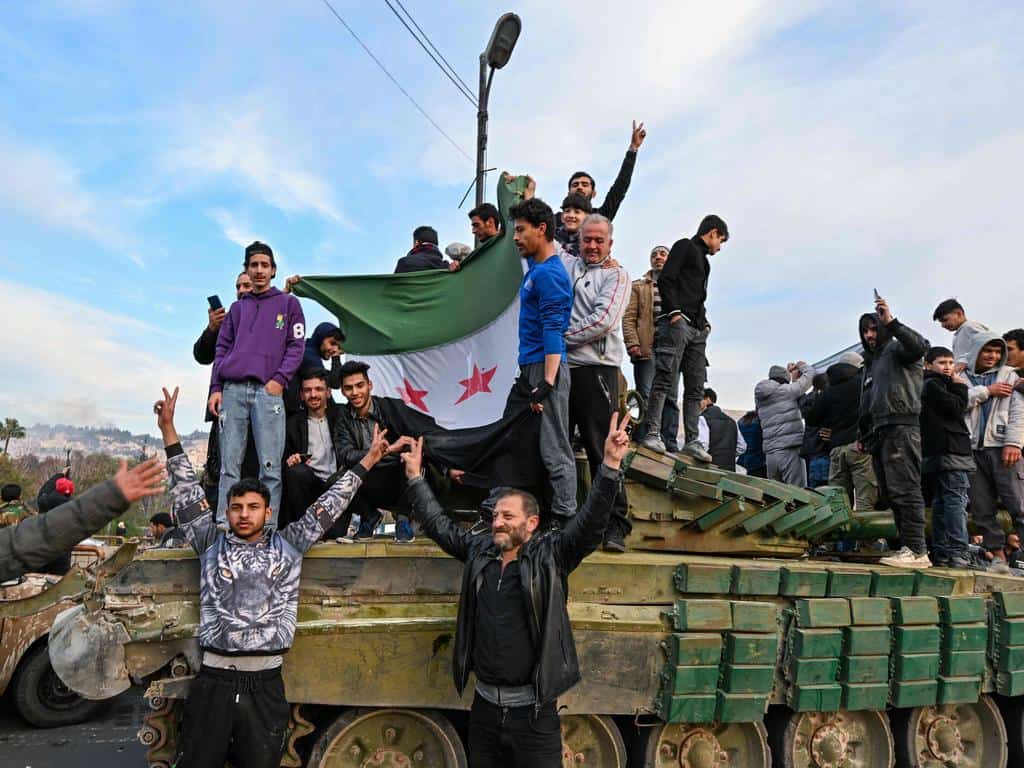Ireland’s Response to Recent Attacks
On Thursday, Simon Harris, Ireland’s Taoiseach (Prime Minister), voiced serious concerns following reports that the Israeli military fired artillery at UN peacekeepers stationed in Lebanon, specifically targeting their headquarters in Naqoura. Harris emphasized that any assault on peacekeeping forces is both intolerable and unacceptable.
“The Blue Helmet worn by UN peacekeepers must be sacrosanct,” he stated, underscoring the need for unwavering respect for those tasked with maintaining peace in volatile regions. This incident raises critical questions about the safety of international peacekeeping forces, particularly in areas with high tensions.
UNIFIL Under Attack
The UN Interim Force in Lebanon (UNIFIL) reported that their base in Naqoura, along with other positions, has faced continuous shelling from Israeli forces, resulting in injuries to two peacekeepers. Harris expressed solidarity with the injured military personnel, acknowledging the bravery of Irish troops serving under UNIFIL who are operating in exceptionally challenging environments.
“They are not combatants, and their role must be respected at all times,” he asserted, reinforcing the importance of safeguarding those who are working on behalf of the international community. Peacekeepers are deployed in some of the world’s most complex situations, often putting themselves at risk to protect civilians and promote stability.
The Role of UN Peacekeepers
UN peacekeepers play a vital role in conflict zones, tasked with monitoring ceasefires, protecting civilians, and facilitating humanitarian aid. Their presence is meant to provide a buffer in tense areas, yet attacks such as these put their missions and lives in jeopardy. The international community must advocate for their protection and uphold their rights under international law.
Urgent Call for Cease-Fire
In light of these developments, Harris urged all parties involved in the conflict to agree to an immediate cease-fire. Such a measure could pave the way for the full implementation of UN Resolution 1701, aimed at ensuring the safety of civilian populations in both Israel and Lebanon. A cease-fire is not just a pause in fighting; it is an opportunity for dialogue and negotiation to address the underlying issues fueling the conflict.
The Broader Impact of Conflict
The ongoing violence in Lebanon and its repercussions extend far beyond its borders. The conflict has significant implications for regional stability, often drawing in neighboring countries and impacting global diplomatic relations. An escalation in hostilities threatens to destabilize the entire Middle East, exacerbating humanitarian crises and fueling extremist sentiments.
Tanaiste’s Condemnation of Shelling
Micheal Martin, Ireland’s Tanaiste (Foreign Minister), also condemned the Israeli shelling, labeling the actions as “reprehensible and unacceptable.” He emphasized Israel’s responsibility to protect peacekeepers, stating that the attacks violate international humanitarian law. Martin demanded “full accountability” for these acts of aggression, stressing the need for adherence to global norms that safeguard humanitarian efforts.
Legal and Ethical Implications
The breach of international humanitarian law is particularly concerning. It raises important ethical questions about the conduct of military operations and the responsibilities of states in conflict. Violations can lead to severe repercussions, including international condemnation and potential legal action against those responsible. This underscores the necessity for accountability and the rule of law in conflict situations.
Escalating Violence in the Region
Since September 23, Israel has launched extensive airstrikes across Lebanon, targeting what it claims are Hezbollah positions. These attacks have resulted in the deaths of at least 2,169 individuals, with over 5,000 injured and more than 1.2 million displaced. This escalation follows a year of intense cross-border conflict, particularly after the commencement of Israel’s offensive on Gaza, which has caused over 42,000 fatalities, predominantly among women and children.
The Humanitarian Crisis
The humanitarian situation in both Israel and Lebanon is dire. Displacement and casualties are just the tip of the iceberg; infrastructure damage, access to basic services, and psychological trauma affect countless individuals. Humanitarian organizations are stretched thin, struggling to provide necessary support amid ongoing hostilities.





